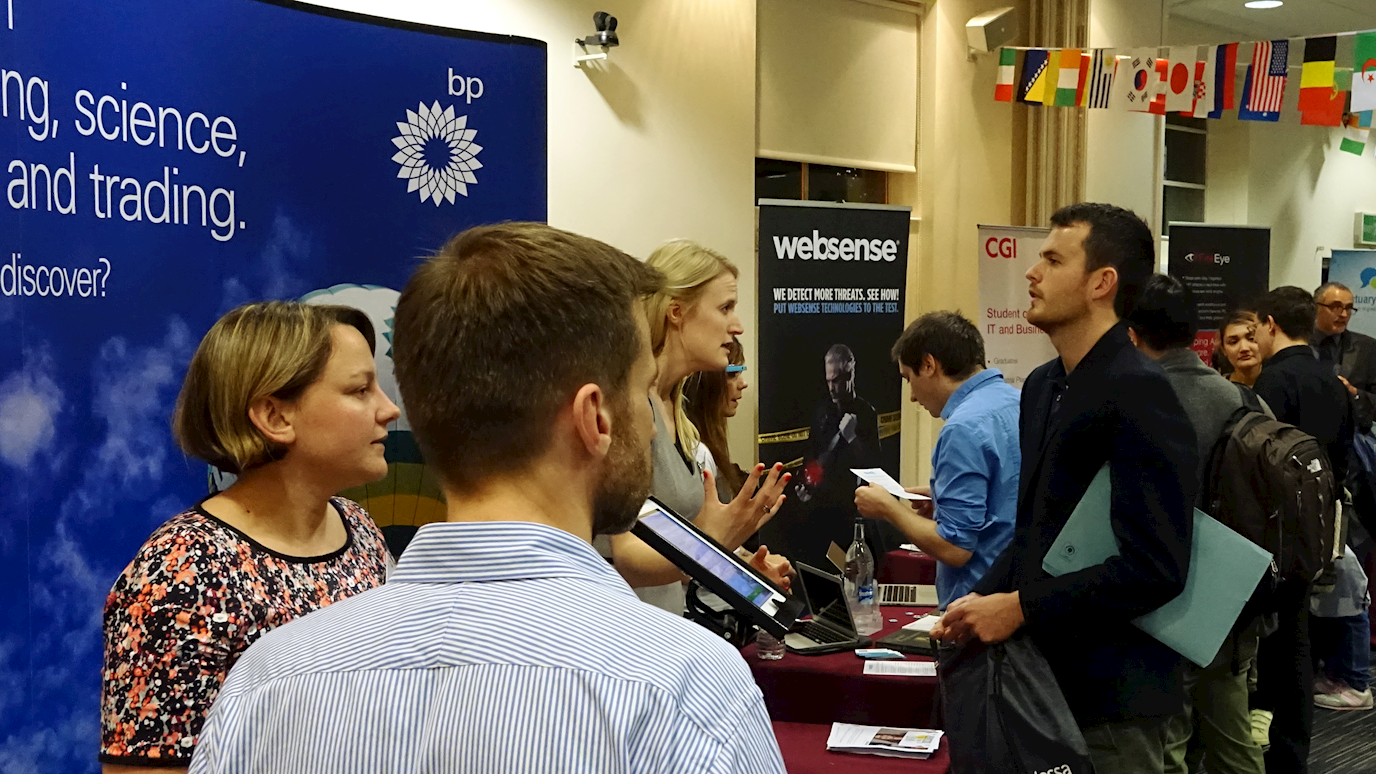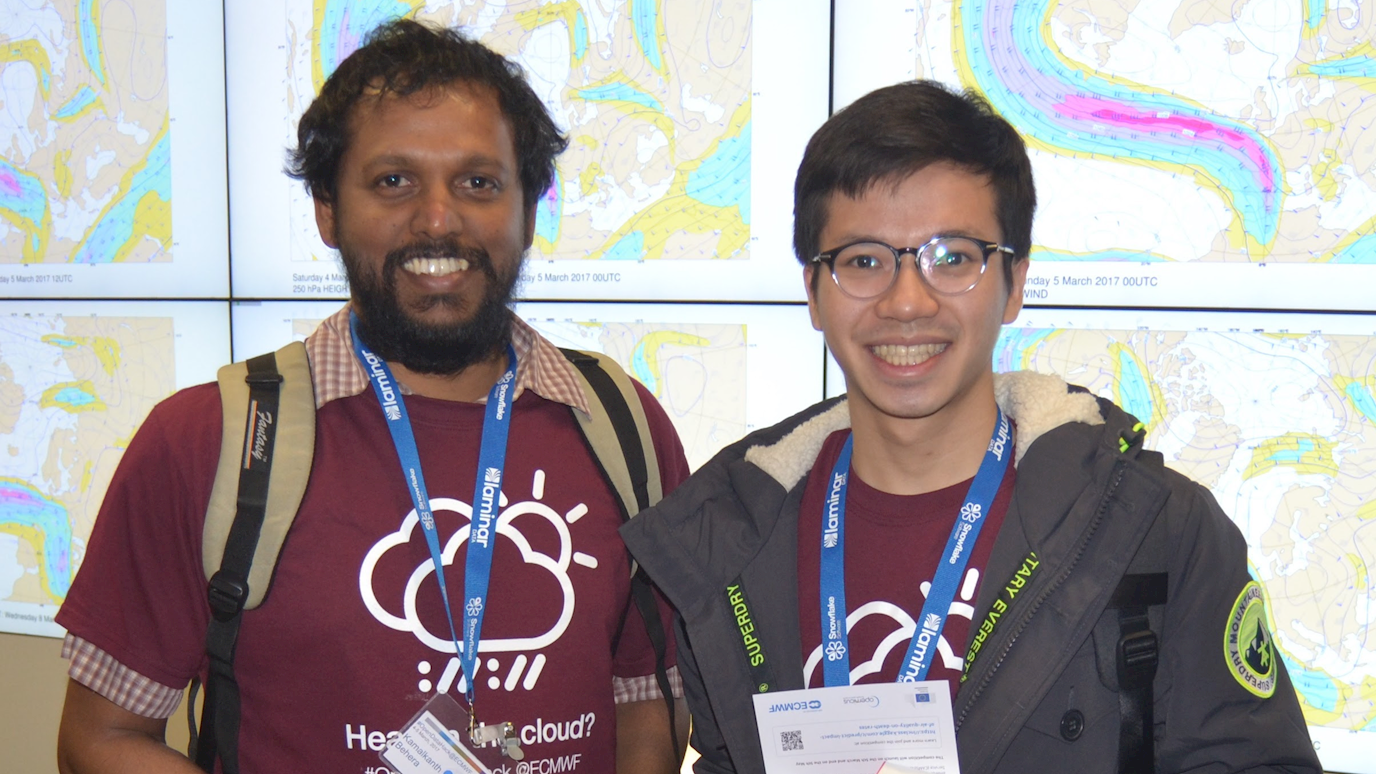Our degrees are often taken in part-time mode.
You can take up to five years to complete the degree, which gives you some flexibility in deciding which modules to take and when. However, please bear in mind that classes are scheduled between 9am and 6pm. Each term runs for 11 weeks.
We aim to deliver all the core modules (and some of the optional ones) in a single day of the week throughout the term in which the module is offered. This allows you to minimise the disruption that part-time study may cause to your work commitments, and to study part-time on a day release mode. This means that you will be able to do the Masters by attending each term on a single day of the week. Employers are often happy to release staff to study in this mode.
Please note that the availability of the day-release mode depends on the timetable. Please come back to this page later to confirm if the mode is available for 2024-25.
Day-release in past years
We have made it possible for the programmes below to be taken in two years on a part-time day-release mode. Please note that the proposed timetable applies to 2018/19 entry, and that the proposed diet of modules is only a suggestion; other combinations may be possible, which you can discuss with the programme directors.
The Individual Project takes 12 weeks at the end of Year 2, starting immediately after the exams in May.
Data Science and Analytics
2020-21
First year – Term 1 (Thursday)
CS5100 Data Analysis (20 credits)
CS5810 Programming for Data Analysis (10 credits)
First year – Term 2 (Monday)
CS5504 Business Intelligence Systems, Infrastructures and Technologies (20 credits)
CS5250 Visualisation and Exploratory Analysis (20 credits)
Second year – Term 1 (Monday)
CS5800 Principles of Computation and Programming (10 credits)
CS5855 Database Systems (10 credits)
CS5920 Machine Learning (10 credits)
Second year – Term 2 (Tuesday)
CS5234 Large-Scale Data Storage and Processing (20 credits)
Machine Learning
2020-21
First year – Term 1 (Thursday)
CS5100 Data Analysis (20 credits)
CS5810 Programming for Data Analysis (10 credits)
First year – Term 2 (Monday)
CS5504 Business Intelligence Systems, Infrastructures and Technologies (20 credits)
CS5250 Visualisation and Exploratory Analysis (20 credits)
Second year – Term 1 (Monday)
CS5920 Machine Learning (10 credits)
Second year – Term 2 (Friday)
CS5200 On-line Machine Learning (20 credits)
CS5950 Deep Learning (20 credits)
Internet of Things
First year – Term 1 (Thursday)
CS5840 Interconnected Devices (10 credits)
CS5100 Data Analysis (20 credits)
First year – Term 2 (Monday)
IY5606 Smart Cards, RFIDs and Embedded Systems Security (20 credits)
Second year – Term 1 (Monday)
CS5800 Principles of Computation and Programming (10 credits)
CS5860 Advanced Distributed Systems (20 credits)
Second year – Term 2 (Tuesday)
CS5234 Large Scale Data Storage and Processing (20 credits)
Distributed and Networked Systems
2020-21
Given that this programme only has 50 credits of core modules, there are several possibilities. One is to follow the diet of modules suggested for The Internet of Things, but there could be others that you would prefer.
Check below the timetable and try different combinations if you wish.
Artificial Intelligence
2020-21
First year – Term 1
CS5970 Experimental Design (10 credits)
CS5100 Data Analysis (20 credits)
CS5810 Programming for Data Analysis (10 credits)
First year – Term 2
CS5990 Natural Language Processing (20 credits)
Second year – Term 1
CS5960 Artificial Intelligence Principles and Techniques (10 credits)
CS5920 Machine Learning (10 credits)
Second year – Term 2
CS5980 Autonomous Intelligent Systems (20 credits)
CS5950 Deep Learning (20 credits)
Timetable of day-release modules
2020-21
Term 1
Monday
CS5800 Principles of Computation and Programming (10 credits)
CS5855 Database Systems (10 credits)
CS5920 Machine Learning (10 credits)
CS5860 Advanced Distributed Systems (20 credits)
Thursday
CS5100 Data Analysis (20 credits)
CS5810 Programming for Data Analysis (10 credits)
CS5840 Interconnected Devices (10 credits)
Term 2
Monday
CS5504 Business Intelligence Systems, Infrastructures and Technologies (20 credits)
CS5250 Visualisation and Exploratory Analysis (20 credits)
IY5606 Smart Cards, RFIDs and Embedded Systems Security (20 credits)
Tuesday
CS5234 Large-Scale Data Storage and Processing (20 credits)
Friday
CS5200 On-line Machine Learning (20 credits)
CS5950 Deep Learning (20 credits)
























